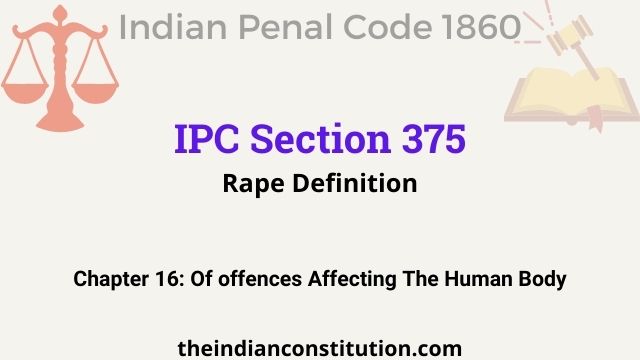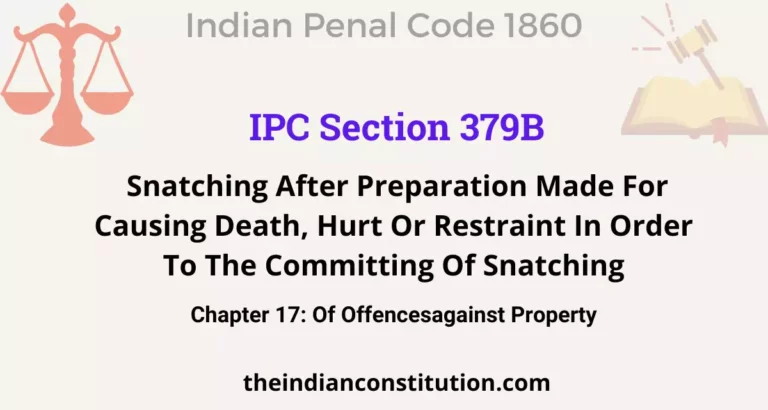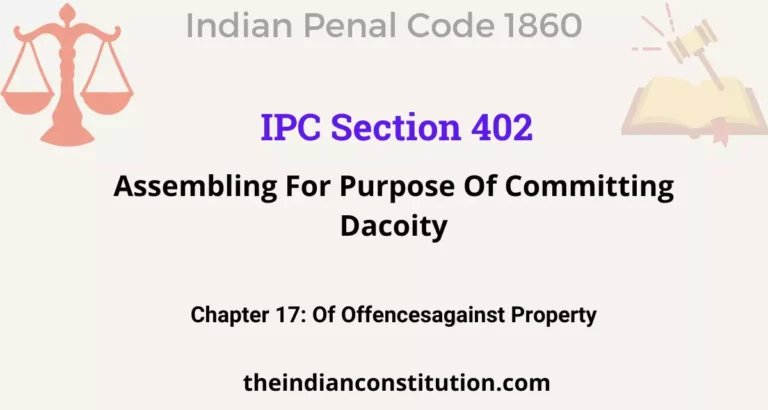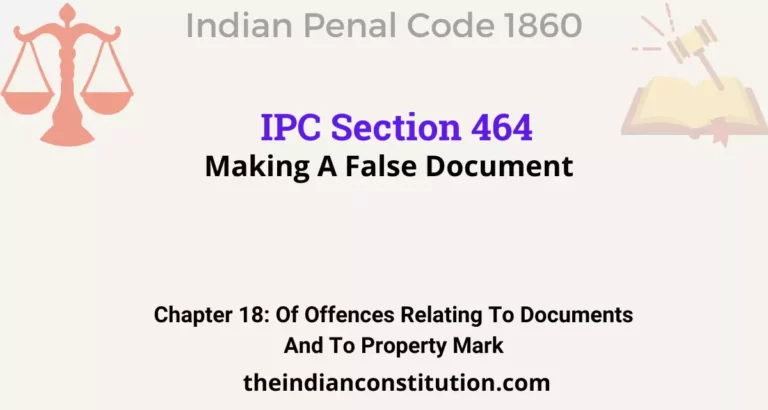IPC Section 375 Rape Definition With Amendment & Exception
Navigation: Indian Penal Code > Chapter 16: Of offences Affecting The Human Body > 1Sexual offences > IPC Section 375
IPC Section 375: 1 2Rape (Definition)
A man is said to commit “rape” if he—
(a) penetrates his penis, to any extent, into the vagina, mouth, urethra or anus of a woman or makes her to do so with him or any other person; or
(b) inserts, to any extent, any object or a part of the body, not being the penis, into the vagina, the urethra or anus of a woman or makes her to do so with him or any other person; or
(c) manipulates any part of the body of a woman so as to cause penetration into the vagina, urethra, anus or any part of body of such woman or makes her to do so with him or any other person; or
(d) applies his mouth to the vagina, anus, urethra of a woman or makes her to do so with him or any other person,
under the circumstances falling under any of the following seven descriptions:—
First.—Against her will.
Secondly.—Without her consent.
Thirdly.—With her consent, when her consent has been obtained by putting her or any person in whom she is interested, in fear of death or of hurt.
Fourthly.—With her consent, when the man knows that he is not her husband and that her consent is given because she believes that he is another man to whom she is or believes herself to be lawfully married.
Fifthly.—With her consent when, at the time of giving such consent, by reason of unsoundness of mind or intoxication or the administration by him personally or through another of any stupefying or unwholesome substance, she is unable to understand the nature and consequences of that to which she gives consent.
Sixthly.—With or without her consent, when she is under eighteen years of age.
Seventhly.—When she is unable to communicate consent.
Explanation 1:- For the purposes of this section, “vagina” shall also include labia majora.
Explanation 2:- Consent means an unequivocal voluntary agreement when the woman by words, gestures, or any form of verbal or non-verbal communication, communicates a willingness to participate in the specific sexual act:
Provided that a woman who does not physically resist to the act of penetration shall not by the reason only of that fact, be regarded as consenting to the sexual activity.
Exception 1.—A medical procedure or intervention shall not constitute rape.
Exception 2.—Sexual intercourse or sexual acts by a man with his own wife, the wife not being under fifteen years of age, is not rape.
Amendments
- Substituted by Act 43 of 1983, s. 3, for the heading “Of rape” and ss. 375 and 376.
- Substituted by Act 13 of 2013, s. 9, for sections 375, 376, 376A, 376B, 376C and 376D (w.e.f. 03-02-2013).
-Text in Indian Penal Code
Explanation
‘Rape’ was defined by Lord Hale to be the carnal knowledge of a woman against her will.
The gist of the offense of rape consists in the act being committed against the will of the woman or without her consent.
The first clause of the section refers to a woman who is in full possession of her senses and is capable of exercising her own volition.
The second clause refers to a case where the act is committed without her consent’-she may be in full possession of her senses and reason and the act may have been committed against her consent, or she is incapable of knowing what is being done or supposes that something different is being done or being aware of the nature of the act she supposes that it is being done under circumstances which make it an innocent act.
The third clause refers to a case where the consent is obtained by coercion, i.e., by putting her in fear of death or of hurt.
The fourth clause refers to a case where the consent is obtained by fraud, i.e., by deceiving the woman to believe herself to be married to the person committing rape.
The fifth clause deals with a case of rape on a child under ‘fourteen years whose consent is immaterial. In short, the section refers to cases of rape committed on the woman against her will, i.e., committed by force or without her consent. The explanation shows that penetration is sufficient to constitute the sexual intercourse necessary to this offense.
What if physically incapable do rape?
A person physically incapable of committing the offence of rape cannot be found guilty of an attempt to commit that offence.
In India the potency of a person charged with that offence has to be proved by evidence in each case, there is no limit of age laid down under which the law presumes a person to be physically incapable of committing rape.
A person proved to have the power of erection must be presumed to be physically capable of committing rape.
Clause 2: Without her consent
If a man by drugs or by liquor renders a woman incapable of knowing what she is about and takes advantage of her condition to have a connection with her, this is as much rape as if he had knocked her down and rendered her senseless (1).
If a man has or attempts to have a connection with a woman while she is asleep, it is no defense that she did not resist, as she is incapable of resisting.
The man can therefore be found guilty of rape or of an attempt to commit rape.
Where a medical man on the pretense of performing a surgical operation had carnal intercourse with the prosecutrix, a girl of 19, and it appeared that she submitted to what was done, not with any intention that he should have sexual connection with her, but under the belief that he was merely treating her medically and performing a surgical operation, that belief being wilfully and fraudulently induced by the prisoner, he was found guilty of rape.







